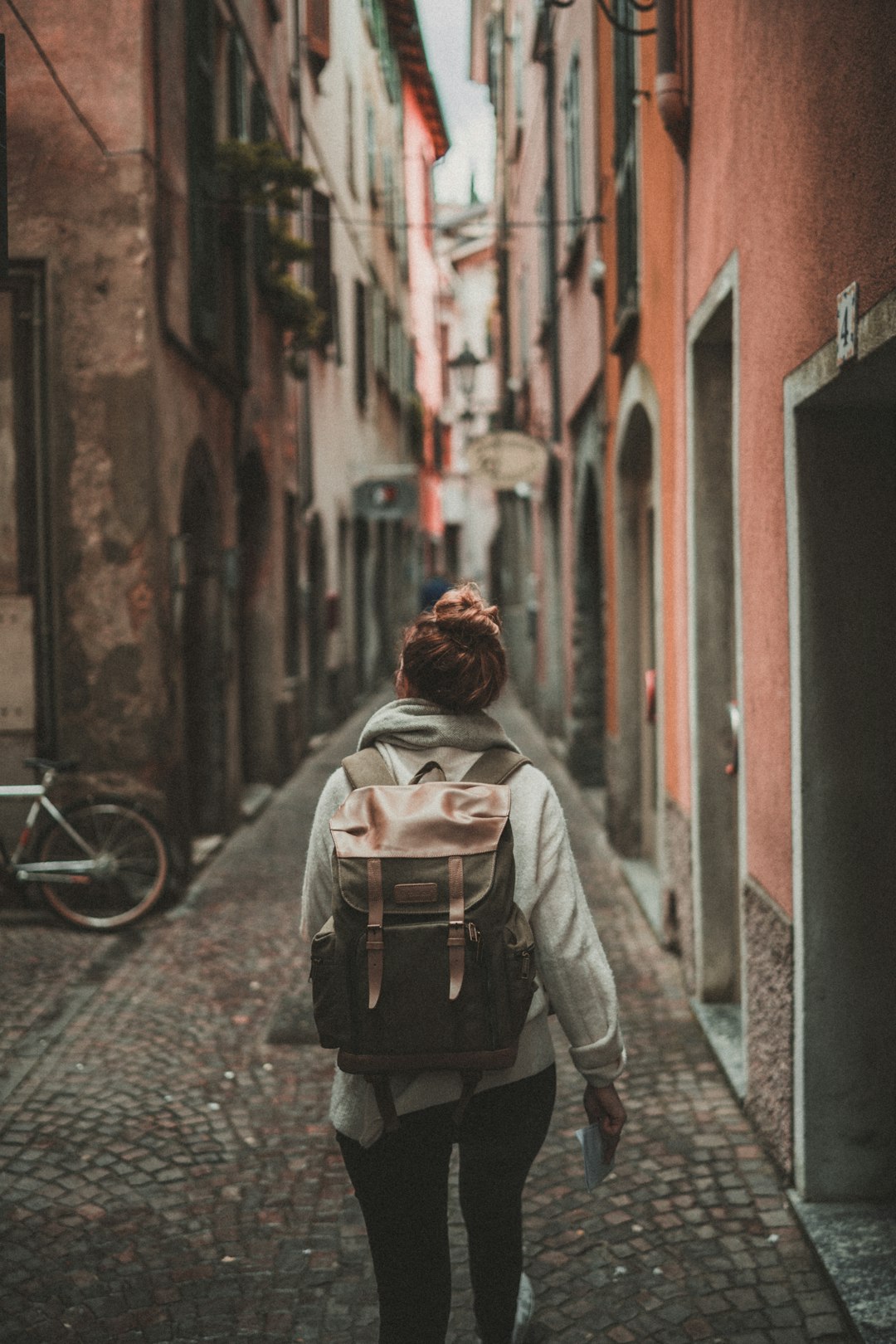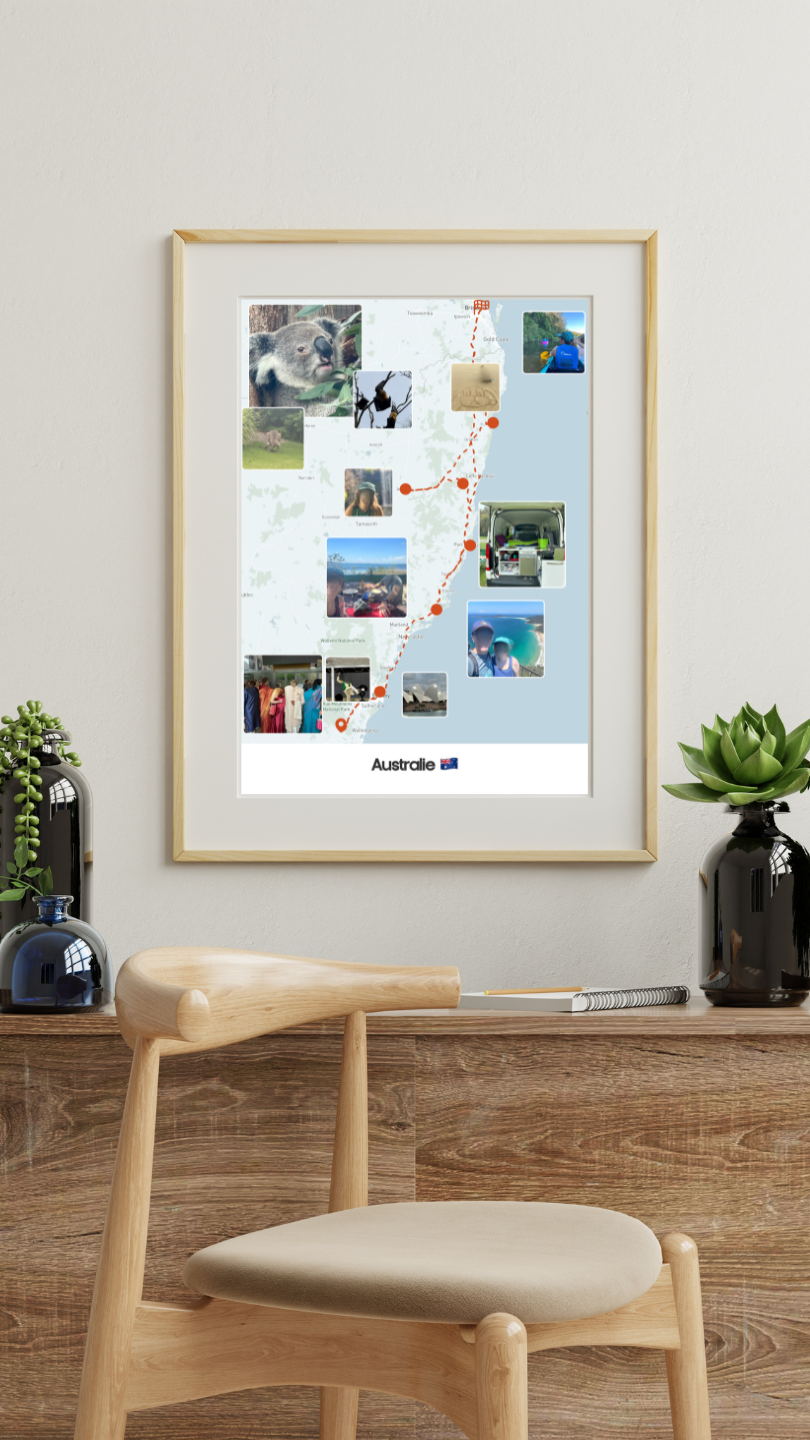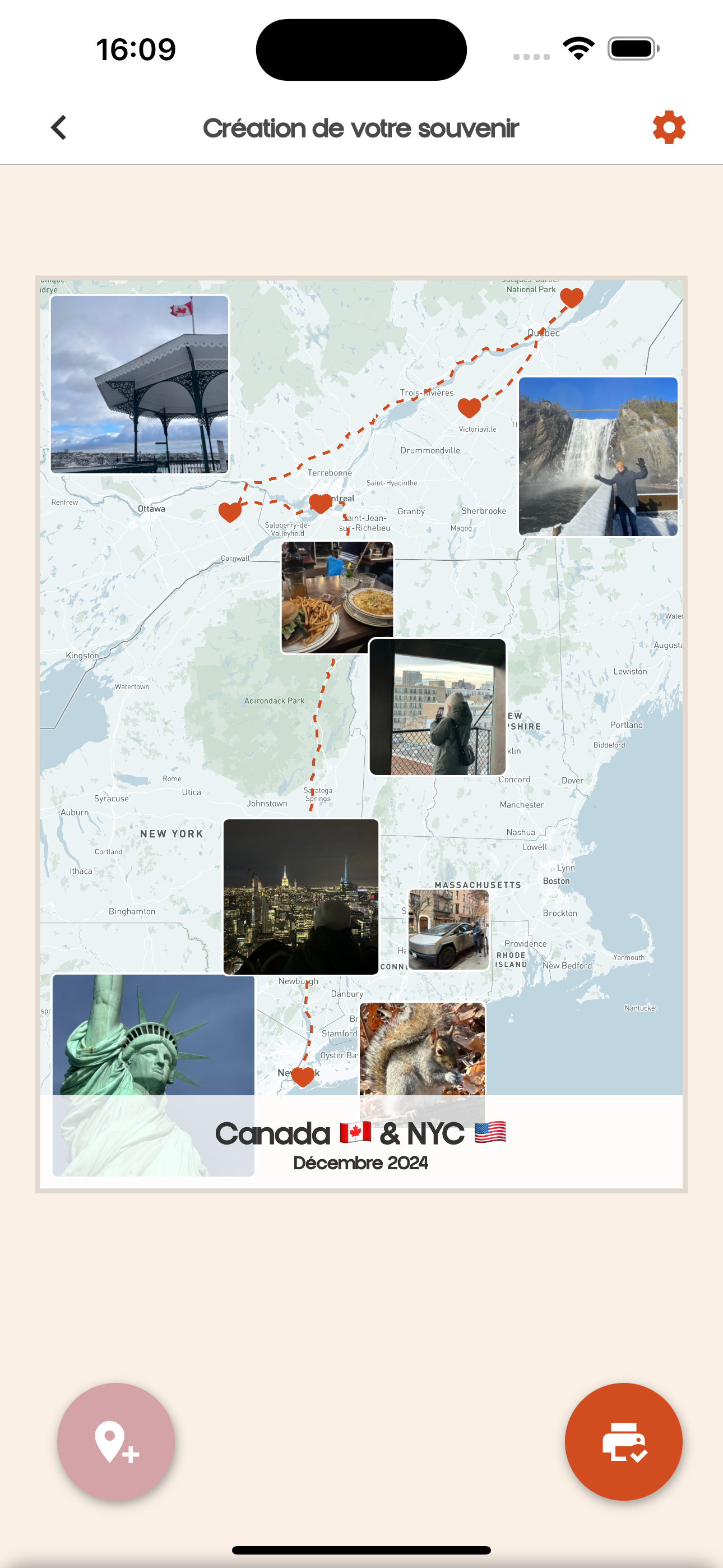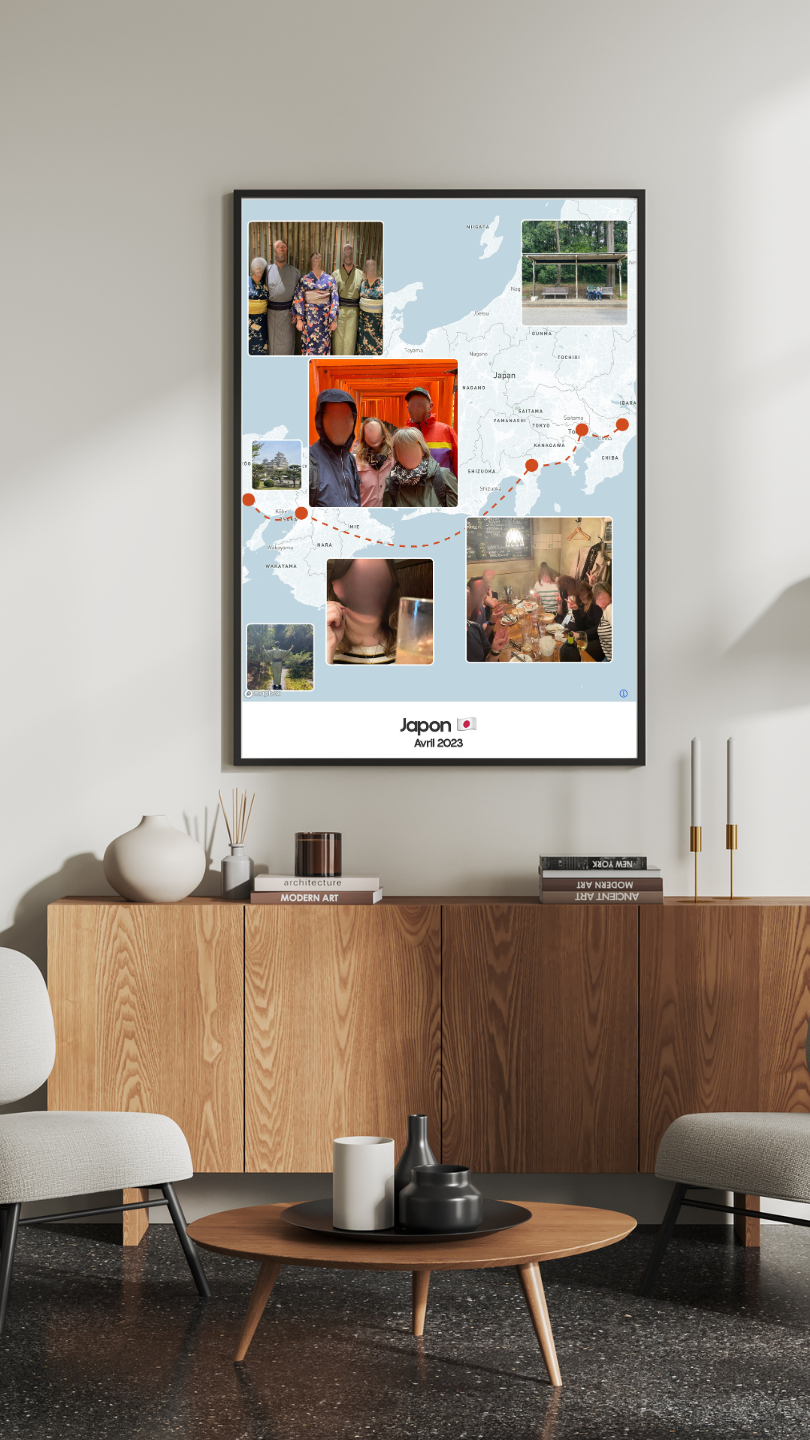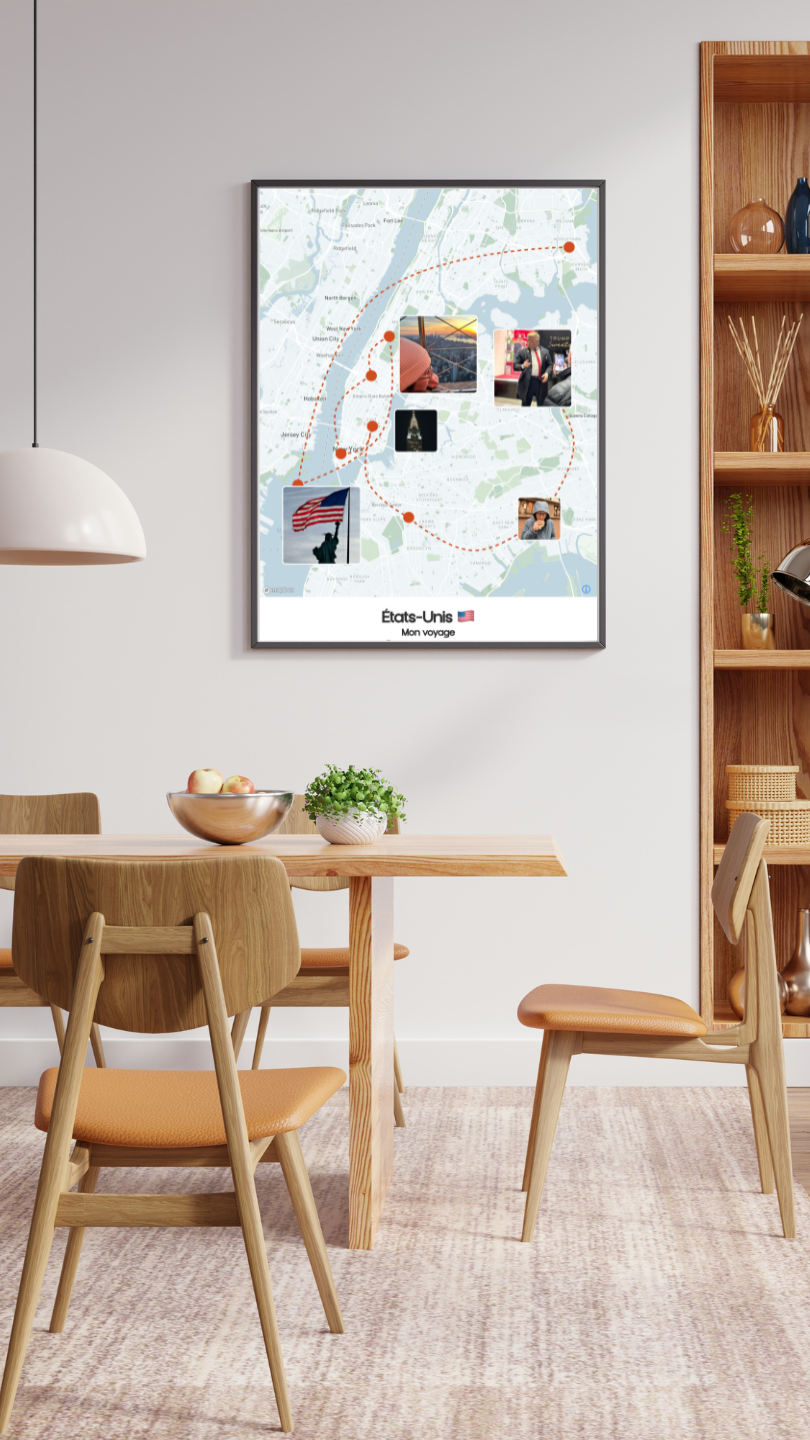When traveling by plane or train, it can be difficult to find sleep, especially in an unfamiliar environment. However, a good nap can greatly enhance your travel experience. In this article, we will provide you with practical tips to sleep well, no matter where you are, so you can wake up refreshed upon your arrival ✈️🚆.
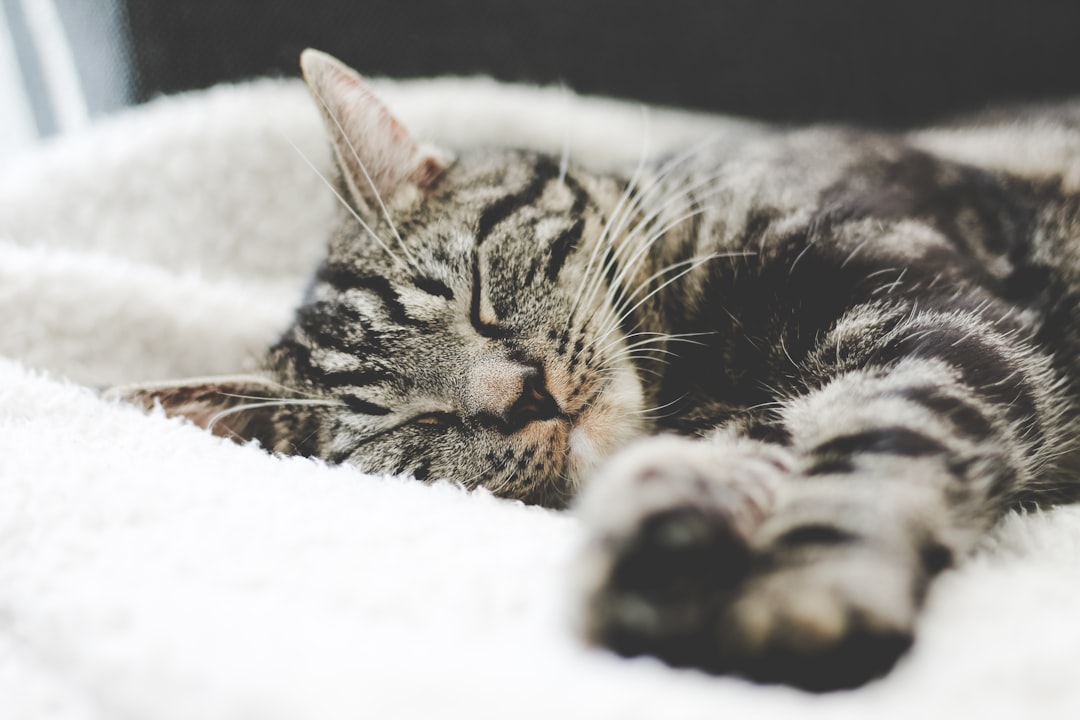
Introduction - Tips for Restful Sleep While Traveling
Choose the Right Equipment - Prepare Your Sleep Comfort
Investing in the right equipment can make all the difference. Here are a few essential items:
- A supportive travel pillow for your neck.
- An eye mask to block ambient light.
- Earplugs or noise-cancelling headphones to reduce surrounding noise.
- A lightweight blanket that easily fits in your carry-on.
- Comfortable clothing that allows for easy movement.
Establish a Sleep Routine - Harmonize Your Body
Before your trip, try to establish a regular sleep routine. This will help your body adapt more easily to the time zone changes and the new environment. Here are some tips:
- Make an effort to go to bed and wake up at regular times.
- Avoid screens for at least one hour before sleeping.
- Include relaxing activities such as reading or meditating in your routine.
- Stay hydrated, but avoid alcohol and caffeine before bedtime.
Optimize Your Sleep Environment - Create a Peaceful Haven
Transform your seat into a sleeping-friendly space:
- Position your travel pillow to support your head.
- Use an eye mask to prevent direct light.
- Adjust your seat to its most comfortable position and wrap a blanket around yourself.
- Monitor the temperature of your environment - if it's too cold, request an extra blanket.
Nutrition and Hydration - Nourish Your Body Smartly
What you eat and drink before sleeping plays a crucial role:
- Avoid heavy or spicy meals before your journey.
- Opt for light snacks rich in protein or complex carbohydrates.
- Stay hydrated, but don't overdo it to avoid interrupting your sleep.
- Limit caffeine and alcohol, which can disrupt your sleep cycle.
Relaxation Techniques - Calm Your Mind
Take time to decompress before falling asleep. Try one of the following techniques:
- Deep breathing: inhale through your nose, hold your breath, then exhale slowly.
- Meditation: focus on your thoughts or use a meditation app.
- Visualization exercises: imagine yourself in a relaxing place.
- Yoga: gently stretch to relieve muscle tension.
Importance of Safety - Protect Your Belongings
When resting, keeping your belongings secure is also crucial:
- Place your valuables in a secure location within reach.
- Consider using a money belt for your passport and credit cards.
- Use a lock on your luggage for added security.
Managing Travel Anxiety - Stay Calm
Feeling anxious before a trip is normal. Here are some tips to manage your anxiety:
- Keep your mind occupied with a good book or movie.
- Chat with your travel companions; it can ease your worries.
- Practice mindfulness: focus on the present moment.
Conclusion - Sleep Better for Better Travels
By applying these tips, you'll be able to transform your plane or train journeys into much more restful experiences. Remember that sleep is an essential part of your health. Travel well and sleep better! 🌍😴
FAQ - Tips for Sleeping Well on a Plane or Train
1. What are the best positions for sleeping on a plane?
The best sleeping position on a plane is one that provides good support for your head and neck. You can use a travel pillow for neck support or lean slightly forward to avoid discomfort. Leaning against the window can also be helpful, as it allows you to have a wall to rest against. Finally, don’t hesitate to stretch your legs if possible within the available space.
2. What essential equipment should I carry for sleeping on a train or plane?
For quality sleep on a train or plane, some essential gear includes a travel pillow for your neck, an eye mask for blocking light, and earplugs or noise-cancelling headphones to minimize ambient noise. A lightweight blanket can provide added comfort during your journey, along with loose and comfortable clothing.
3. How can I adapt to a time zone change?
To adapt to a time zone change, it's advisable to gradually adjust your sleep schedule before departing. This includes going to bed and waking up earlier or later, depending on your destination. During the flight or journey, try to sleep at hours that align with your destination’s time zone. Staying hydrated is key, as well as avoiding alcohol and caffeine, which can disrupt your sleep.
4. Should I take medications to sleep while traveling?
While some travelers may consider sleep medications, it’s essential to consult a healthcare professional before using them. Natural solutions such as melatonin may be effective for some; however, prioritize natural methods and good equipment first, as pilled solutions can have side effects or interfere with other medications.
5. How can I manage noise on a train or plane?
To manage noise while traveling by air or train, using earplugs or noise-cancelling headphones is often the best solution. Listening to calming music or white noise can also help mask background sounds. Opting for seats towards the back of the plane or the front of the train, where it is usually quieter, can be beneficial.
6. What is the best food to consume before sleeping while traveling?
Before traveling, it’s best to choose light foods and avoid heavy or spicy meals. Opt for protein-rich snacks like nuts or cereal bars that can aid digestion. Complex carbohydrates such as crackers can also be beneficial in inducing sleep without causing discomfort during your journey.
7. Can clothing affect sleep quality while traveling?
Yes, clothing choices can greatly influence your comfort and ability to sleep. Loose, breathable attire allows for comfortable movement without feeling constricted. Prefer soft materials and avoid tight-fitting clothing that can hinder circulation, making sleep more difficult.
8. How can I avoid travel-related health issues?
To avoid health issues while traveling, stay properly hydrated, take regular breaks to stretch your legs to prevent blood clots, and consume balanced foods. Light exercises such as stretching can also improve blood circulation and reduce fatigue and stress.
9. What are the best relaxation techniques before sleeping?
The best relaxation techniques include deep breathing, meditation, and visualization. Gentle stretching or yoga can also help release tension built up during your travel. Spending time on these activities before sleeping fosters a calm state of mind and eases the process of falling asleep, no matter where you are.
10. Why is it so difficult to sleep on public transport?
Sleeping on public transport can be challenging due to noise, discomfort, vibrations, and potential anxiety related to safety. Tight seating and fluctuating temperatures create a less than ideal sleeping environment. Additionally, the inability to find a comfortable position serves as a barrier for many travelers, complicating the process of falling asleep.
